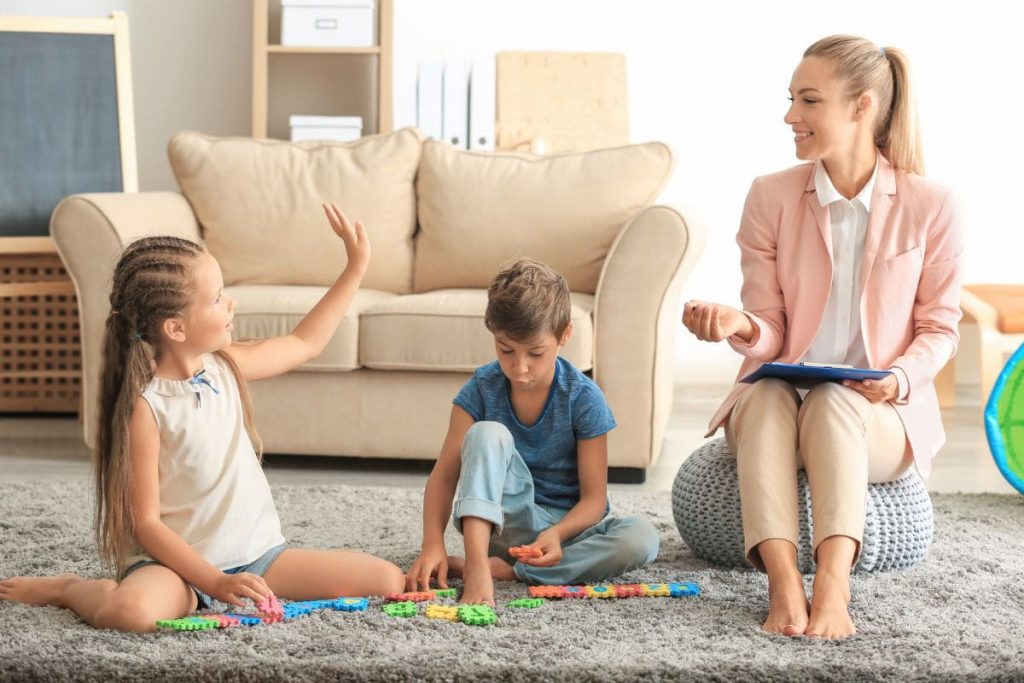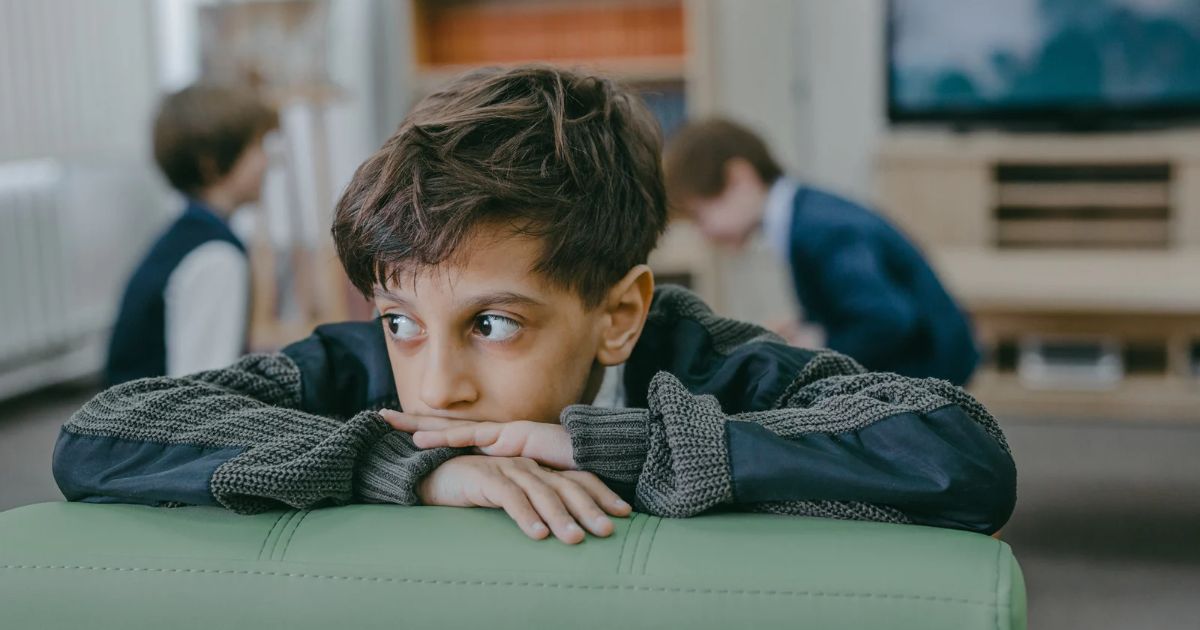Did you know that introverted kids are often misunderstood? Yep, it’s true! Sometimes, adults just don’t get that introverted kiddos have different needs and likes. And unfortunately, this can make them feel pretty crummy about themselves. We don’t want that, do we?
Research shows that introverted kids can get overwhelmed pretty easily, especially when there’s too much noise or socializing going on. So, it’s important to be careful about what we say to introverted kids and not assume things about them. Instead, let’s learn how to support and encourage them to be the awesome introverted individuals that they are!
In this article, we’re going to talk about some things that adults say that can make introverted kids feel bad. But don’t worry, we’ll also learn how to create an inclusive and supportive environment for all the introverted kids out there to shine!
Unveiling The Truth About Introverted Children

Introverted children are often misunderstood by adults who may not be familiar with their temperament. Here are a few common misconceptions about introverted children:
- Introverted kids are shy and anti-social.
- They don’t like to have fun or play with others.
- Introverted children are unfriendly and unapproachable.
- The introverted kid is not a good leader or team player.
These misconceptions are not only untrue but also harmful to introverted children. It’s important for adults to understand that introverted children have unique needs and preferences that should be respected and supported.
For example, an introverted child may prefer to spend time alone or with a few close friends rather than in large groups. This does not mean that they are lonely or unhappy. It simply means that they recharge their energy by being alone or in quiet environments. Because of that often arises the question why I need alone time and why it’s not about you.
Another common misconception is that introverted children are not good leaders or team players. While it’s true that introverted children may not be as vocal or assertive as extroverted children, they can still be effective leaders and team players. In fact, introverted children often bring valuable skills such as active listening, thoughtful reflection, and attention to detail to group projects and activities.
Statements That Negatively Impact Introverted Children

Why Are You So Quiet?
Asking an introverted child why they are so quiet can make them feel like there is something wrong with them. It can also make them feel like they are not valued for who they are.
You Should Be More Outgoing
Introverted children may feel like they are not good enough because they are not as outgoing as their peers. Telling them that they should be more outgoing can make them feel like they are not meeting expectations.
You Need To Speak Up More
Many introverted children may feel like they are not being heard because they are not as vocal as their peers. Telling them that they need to speak up more can make them feel like they are not good enough as other kids.
You Should Try To Make More Friends
Introverts tend to feel like they are not good enough because they do not have as many friends as other children. Telling them that they should try to make more friends can make them feel like they are not meeting expectations.
Introverted children may feel like they are not good enough because they prefer to spend time alone or with a small group of friends. Telling them that they are being antisocial can make them feel like there is something wrong with them.
It is important to remember that introverted children have their own unique strengths and abilities. They should be encouraged to embrace their introverted nature and not feel like they need to change who they are to fit in.
Why can’t you be more like your outgoing sibling/friend?
Comparing an introverted person to their outgoing sibling or friend and asking them to be more like the other person can be hurtful and unproductive. It’s important to recognize that every introverted and extroverted child has different personality traits and preferences, and it’s unfair to expect one to behave like the other.
Instead of asking someone to be more like someone else, it’s important to celebrate their unique qualities and strengths. Encourage them to embrace their personality and find ways to express themselves that feel authentic and comfortable for them. By accepting and valuing individuals for who they are, we can build stronger and more meaningful relationships.
More Things Adults Say That Negatively Impact An Introverted Child
- “You’re not being a team player by not speaking up.”
- “Your quietness is making others uncomfortable.”
- “If you don’t start speaking up, you’ll never get anywhere in life.”
- “You’re not living up to your potential by not being more outgoing.”
- “You should try to be more like the popular kids.”
- “Your introverted nature is holding you back from experiencing life fully.”
The Importance Of Understanding And Supporting Introverted Children

You see, introverted kids are like secret superheroes. They have superpowers like deep thinking, creativity, and excellent listening skills. But sometimes, they need a little extra support to shine their light in a world that can be loud and overwhelming.
That’s where we come in! By understanding the needs of introverted children and creating a safe and nurturing environment for them, we can help them thrive. Maybe it means giving them some alone time to recharge their batteries, or providing quiet spaces where they can focus and be productive.
Another way to support introverted children is to provide them with opportunities for meaningful social interaction. This can include small group activities or one-on-one conversations with trusted adults. It’s important to remember that introverted children may not always feel comfortable in large group settings, so it’s important to provide them with opportunities for socialization that feel safe and manageable.
Whatever it takes, let’s show our introverted kids that we appreciate and value their unique qualities. With our love and support, they can accomplish amazing things and make the world a better place!

